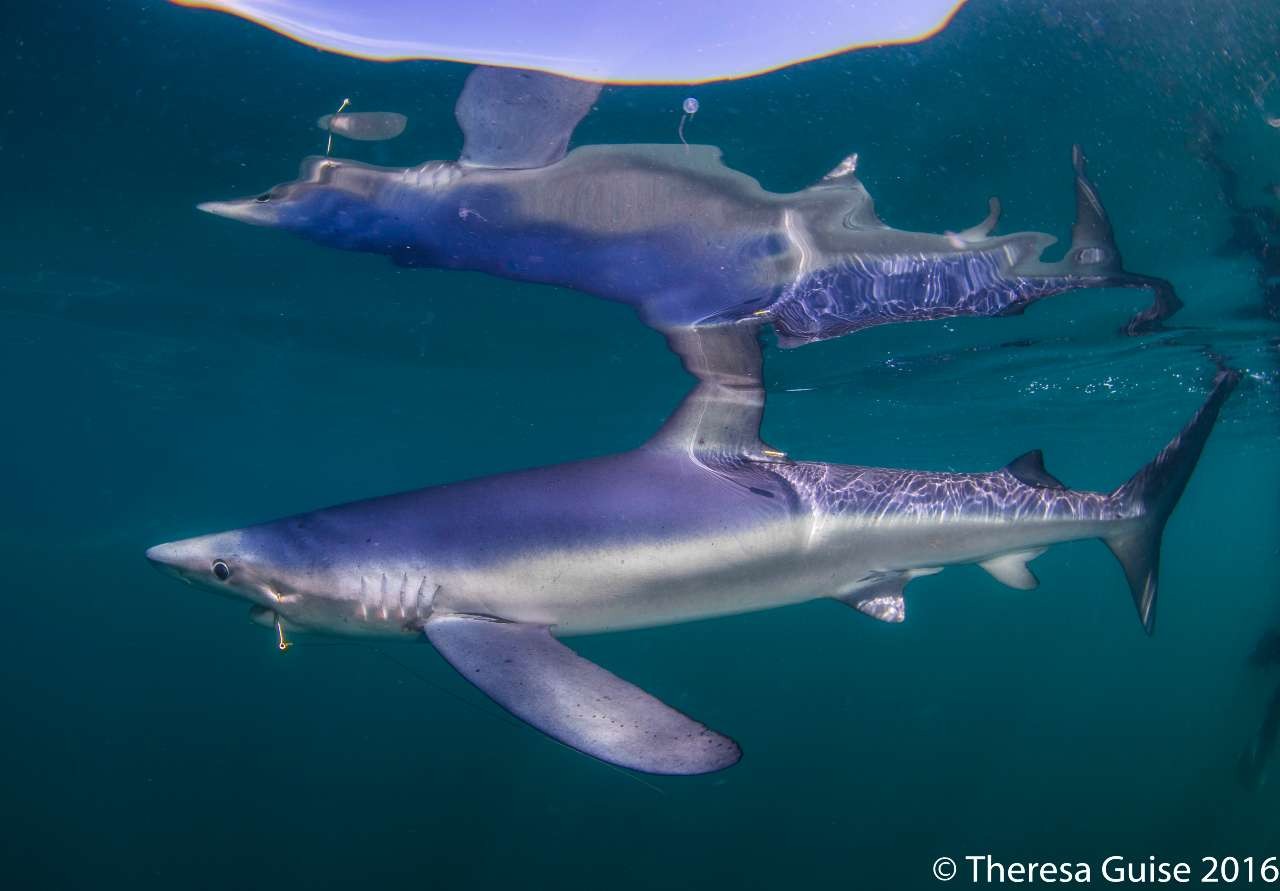Date & time
1 p.m. – 2:40 p.m.
Registration is closed
Registration is closed
Jonathan Balcombe
This event is free.
Centre for Sensory Studies, Centre for Interdisciplinary Studies in Society and Culture
Online
 Photo by Theresa Guise
Photo by Theresa Guise
Jonathan Balcombe, author of What a Fish Knows and Super Fly: The Unexpected Lives of the World's Most Successful Insects, presents examples of sentience and its implications in two major groups of animals: fishes and insects.
Fishes make up over 50 percent of all vertebrate species, and insects some 80 percent of all living animals on earth. Studies of fish perceptions, cognition, emotion, social behavior, and cooperation reveal a richness in these animals’ lives that rivals that of land-living vertebrates. Evidence for sentience and cognition in insects is less developed, probably because scientists only recently began studying it. Examples include evidence for chronic pain, observational learning, and attention span. As scientific discoveries continue to blur anthropocentric moral boundaries, there are more reasons than ever to respect and protect our animal comrades.
The Sentience lecture series is organized by David Howes, professor in the Department of Sociology and Anthropology. Sponsored by the Centre for Sensory Studies and co-sponsored by the Centre for the Interdisciplinary Studies in Society and Culture (CISSC) and two CISSC Working Groups: Colonial, Racial and Indigenous Ecologies (CRIE) and Sensing Atmospheres.
Jonathan Balcombe is an ethologist with a focus on animal sentience and protection. In addition to over 60 peer-reviewed papers and book chapters, his books include Pleasurable Kingdom, Second Nature, What a Fish Knows (a New York Times bestseller now available in fifteen languages), and his just-released Super Fly: The Unexpected Lives of the World’s Most Successful Insects. A children’s book, Jake and Ava: A Boy and a Fish, will be published in October. Balcombe is former Director of Animal Sentience with the Humane Society Institute for Science and Policy and Department Chair for Animal Studies with Humane Society University in Washington, D.C.
© Concordia University